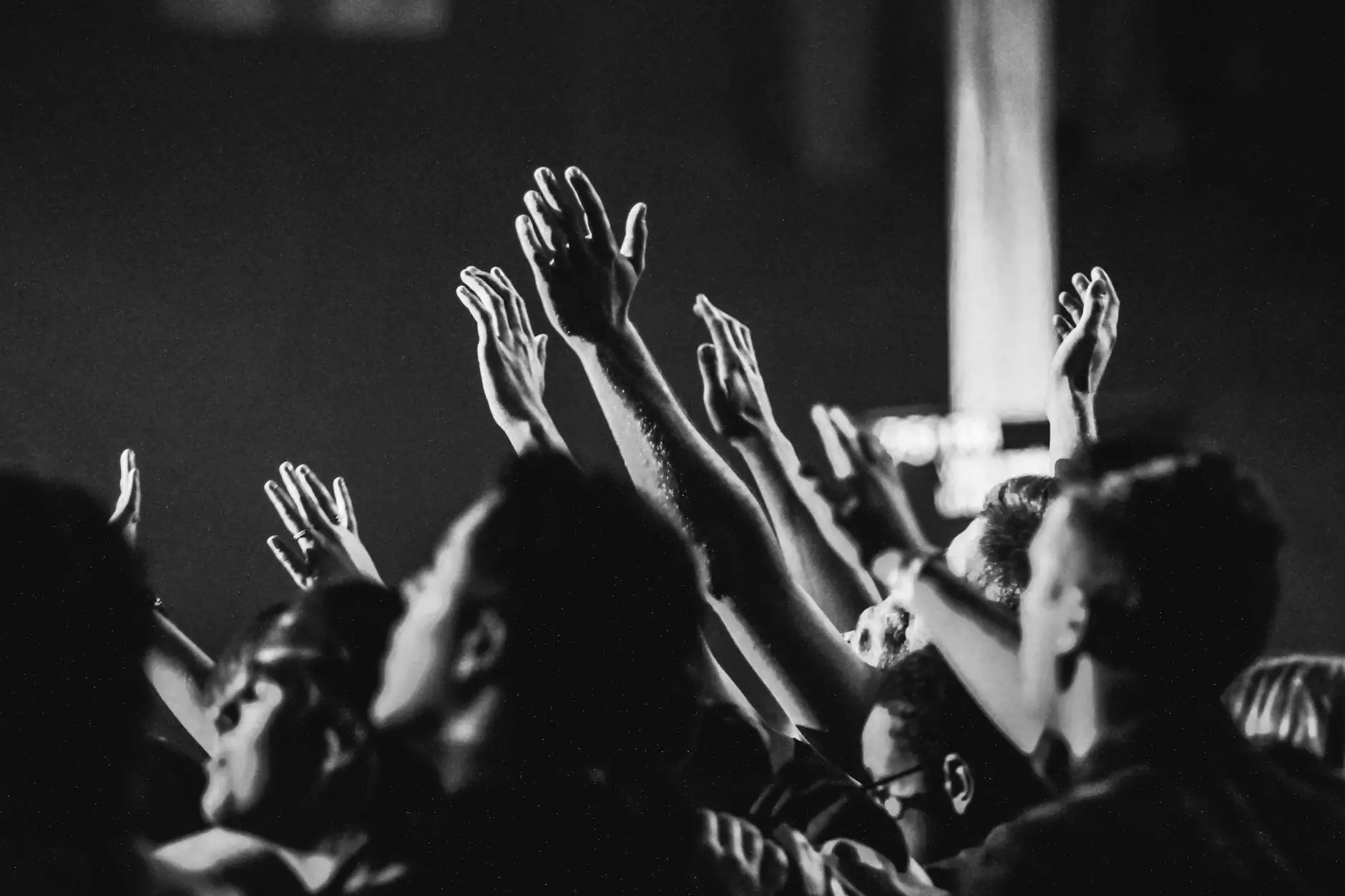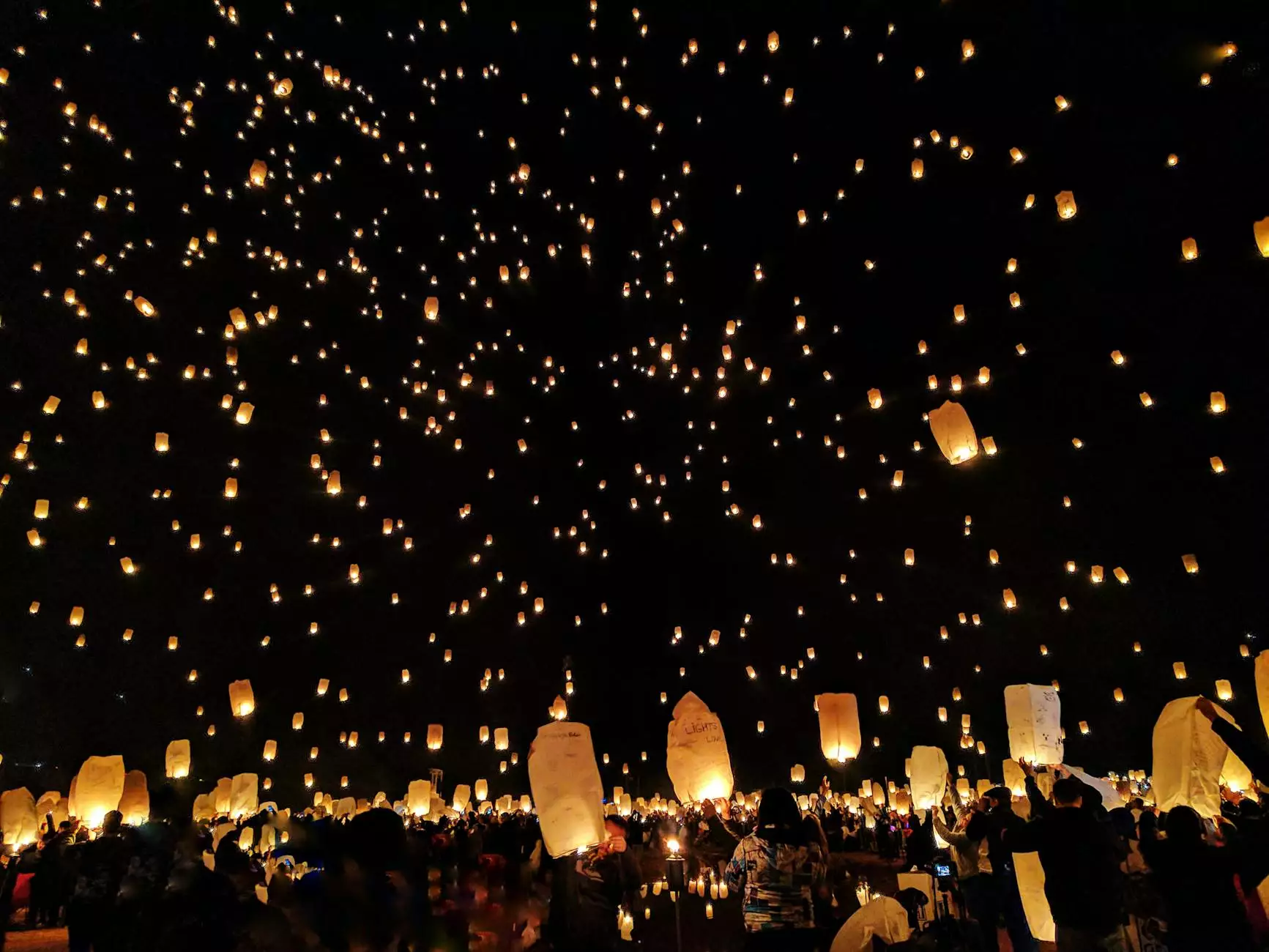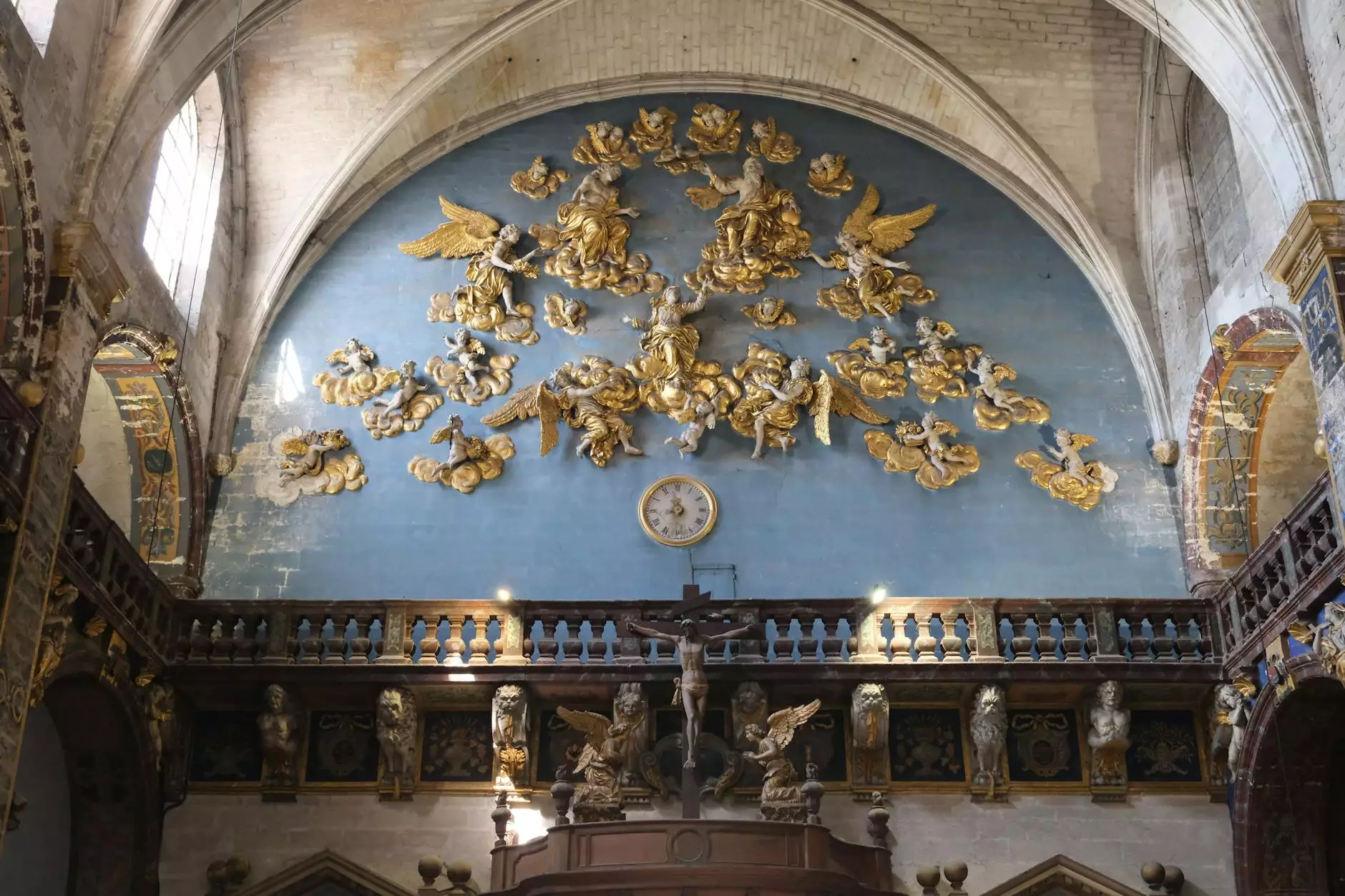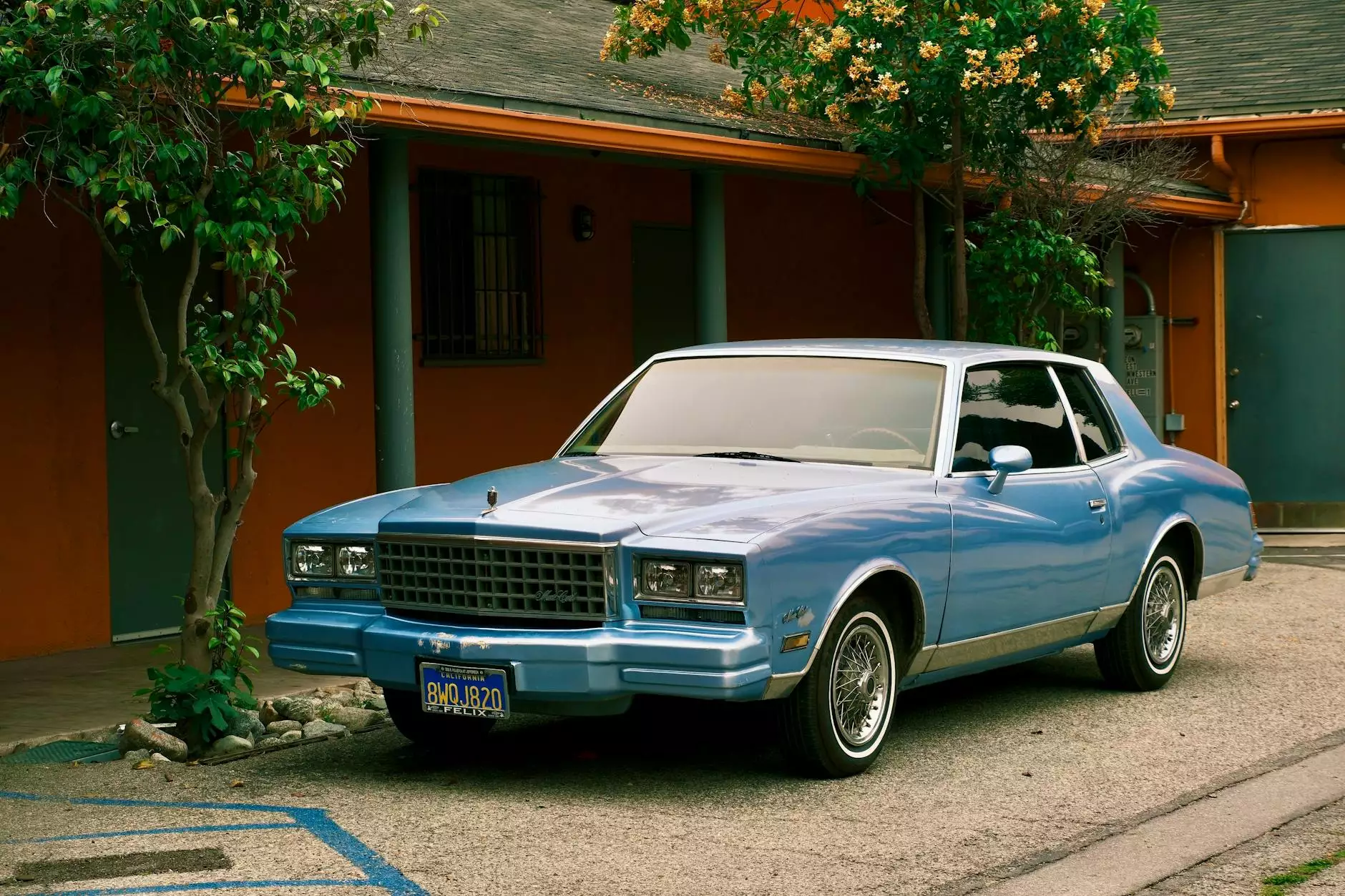Empowering Communities: The Role of Black Churches in NYC

Black churches in NYC have long served as cornerstones of community and culture, playing a vital role not only in spiritual nourishment but also in social advocacy and empowerment. With deep roots in the history of African American experiences, these institutions embody resilience, unity, and hope. This article delves into the significance of black churches in New York City, examining their history, contributions, and contemporary relevance.
Historical Significance of Black Churches in NYC
The history of black churches in NYC is intertwined with the broader narrative of African Americans in the United States. Established in the aftermath of slavery, these churches emerged as places of refuge and resilience. They provided a space for African Americans to gather, worship, and cultivate communal strength during a time of great oppression.
Among the pioneers, the Abyssinian Baptist Church, founded in 1808, stands out. Under the leadership of Reverend Dr. Calvin O. Butts III, it has evolved into a thriving congregation that not only focuses on spiritual growth but also tackles issues such as education reform and community development. This legacy illustrates how black churches have historically acted not merely as spiritual havens but as crucial advocates for social change.
The Role of Black Churches in Community Service
Today, black churches in NYC continue to provide extensive services to their communities. These institutions often serve as conduits for essential resources, particularly in underserved neighborhoods. Below are some ways in which black churches contribute to community service:
- Food Pantries: Many black churches operate food pantries and meal programs that address food insecurity, providing nutritious meals to families in need.
- Educational Programs: Churches offer tutoring, mentorship, and scholarship programs aimed at enhancing educational opportunities for youth.
- Health Services: Health fairs and wellness programs are frequently organized to promote healthy living and provide medical screenings in collaboration with local health organizations.
- Housing Assistance: By partnering with community organizations, black churches offer support in navigating housing issues and homelessness.
Black Churches as Centers for Cultural Identity
Black churches serve as vibrant cultural centers, celebrating African American heritage through music, arts, and communal events. Gospel music, which originated in black churches, is a powerful genre that not only provides spiritual uplift but also carries historical narratives and cultural expressions. Events such as Black History Month celebrations, community festivals, and theatrical performances further cement their role as cultural hubs.
Networks of Support and Advocacy
As black churches in NYC strive to fulfill their spiritual missions, they also emerge as important networks for advocacy and social justice. Many churches are at the forefront of addressing systemic issues such as police reform, racial equality, and voter registration drives. This activism is often rooted in the spiritual beliefs of the congregations, encouraging members to engage with and challenge societal injustices.
Building Economic Empowerment
In recent years, some black churches have recognized the importance of economic empowerment and have initiated programs to foster entrepreneurship among their congregants. These programs may include:
- Business Workshops: Churches often host workshops that focus on financial literacy and business development.
- Micro-Lending Initiatives: Some churches offer financial assistance to help individuals start their own businesses.
- Networking Events: By bringing together local business owners and aspiring entrepreneurs, black churches create opportunities for collaboration and success.
Connecting Faith and Social Responsibility
Many black churches emphasize the message of faith and social responsibility, supporting members in living out their beliefs through action. This holistic approach encourages congregants to view their faith not just as individualistic but as a means to impact their communities positively.
The Future of Black Churches in NYC
The future of black churches in NYC will likely continue to evolve, influenced by both social dynamics and technological advancements. As society becomes increasingly digital, many churches are exploring online services and outreach programs to connect with younger generations. These adaptations not only provide a platform for spiritual guidance but also extend their reach, allowing them to serve even more individuals in need.
Moreover, the emphasis on multigenerational congregations will foster dialogue between older and younger members, ensuring that the church's mission aligns with contemporary issues affecting the African American community. Black churches will remain pivotal in addressing the spiritual needs and societal challenges of their congregations.
Conclusion
In conclusion, black churches in NYC are far more than places of worship—they are vital institutions that contribute to the fabric of society. From providing essential services and resources to advocating for social justice and fostering cultural identity, the impact of these churches cannot be overstated. As we look to the future, their role in community empowerment and advocacy will continue to be crucial in forging a path toward equality and justice.
For anyone seeking to understand the vital role of faith in shaping community dynamics, exploring the work and contributions of black churches in NYC is a worthwhile endeavor. As these institutions continue to adapt and evolve, they will undoubtedly remain pillars of strength, resilience, and hope for current and future generations.
For more information and resources on local black churches and their community efforts, please visit Bridge Church NYC.









